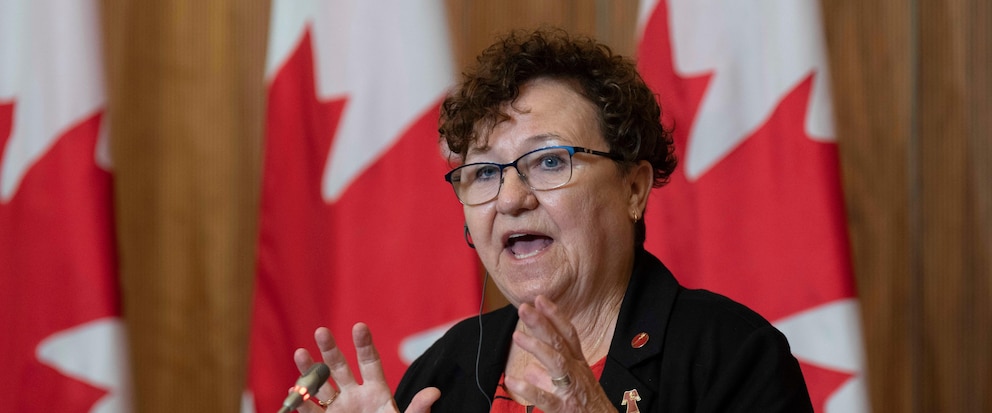The Canadian government says it is urgently trying to end the forced sterilization of Indigenous women, describing the practice as a human rights violation and a prosecutable offense. Yet police say they will not pursue a criminal investigation into a recent case in which a doctor apologized for his “unprofessional conduct” in sterilizing an Inuit woman.
In July, The Associated Press reported on the case of an Inuit woman in Yellowknife who had surgery in 2019 aimed at relieving her abdominal pain. The obstetrician-gynecologist, Dr. Andrew Kotaska, did not have the woman’s consent to sterilize her, and he did so over the objections of other medical personnel in the operating room. She is now suing him.
“This is a pivotal case for Canada because it shows that forced sterilization is still happening,” said Dr. Unjali Malhotra, of the First Nations Health Authority in British Columbia. “It’s time that it be treated as a crime.”



i’m not seeing the part of that article where there’s any evidence at all of health care workers pushing anybody to take MAiD.
So you missed this part then?
"In one recording obtained by the AP, the hospital’s director of ethics told Foley that for him to remain in the hospital, it would cost “north of $1,500 a day.” Foley replied that mentioning fees felt like coercion and asked what plan there was for his long-term care.
“Roger, this is not my show,” the ethicist responded. “My piece of this was to talk to you, (to see) if you had an interest in assisted dying.”
Foley said he had never previously mentioned euthanasia. The hospital says there is no prohibition on staff raising the issue.
Catherine Frazee, a professor emerita at Toronto’s Ryerson University, said cases like Foley’s were likely just the tip of the iceberg.
“It’s difficult to quantify it, because there is no easy way to track these cases, but I and other advocates are hearing regularly from disabled people every week who are considering (euthanasia),” she said.
Frazee cited the case of Candice Lewis, a 25-year-old woman who has cerebral palsy and spina bifida. Lewis’ mother, Sheila Elson, took her to an emergency room in Newfoundland five years ago. During her hospital stay, a doctor said Lewis was a candidate for euthanasia and that if her mother chose not to pursue it, that would be “selfish,” Elson told the Canadian Broadcasting Corporation. "
That’s a far cry from “pushing” MAID.
Maid is an option, and should be an option. People need to know about it. However, there are always other options. Hospice is subsidized. Long term care is subsidized. Homecare nursing us subsidized. You just can’t stay in the hospital, because the hospital is for acute people in recovery.
There are absolutely illnesses that ruin your quality of life but don’t kill you, leaving you to suffer. Their medical system is NOT designed to care for all of everyone’s needs. It’s specifically designed to provide life saving care.
The stupid part is that if a person is so sick that they can’t care for themselves, and they get released home, they often just deteriorate and end up back in the hospital.
Their system beats our system, but it’s not perfect.
“If you get sick, we can just kill you, because if we don’t, you’re back in the hospital eventually”
This is terrible logic
You’re right, that is terrible logic.
Good thing nobody but you is saying that.